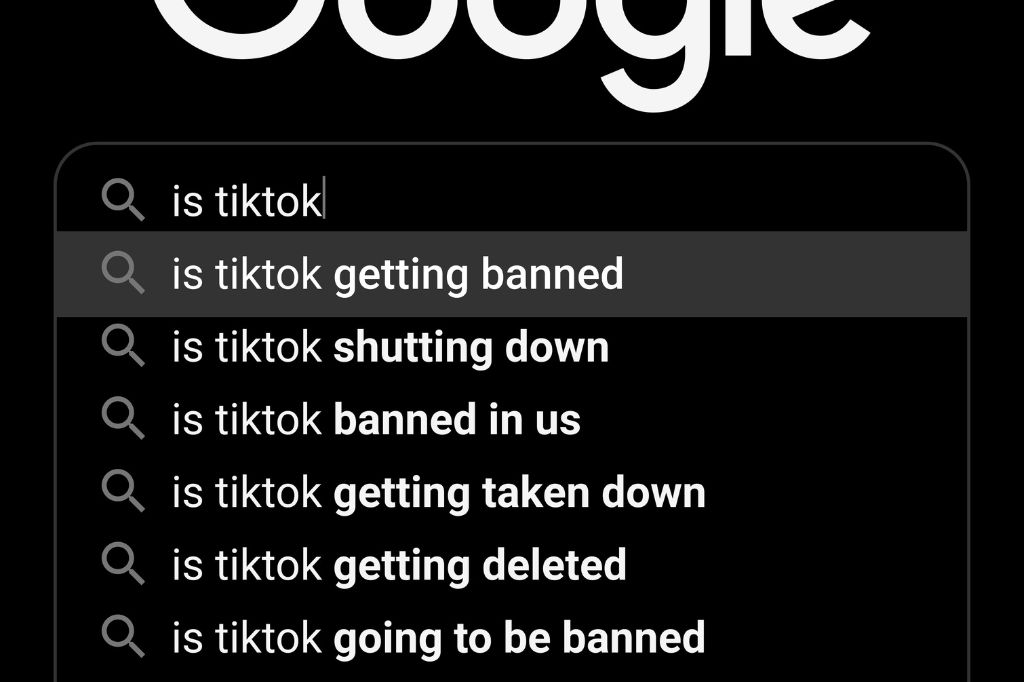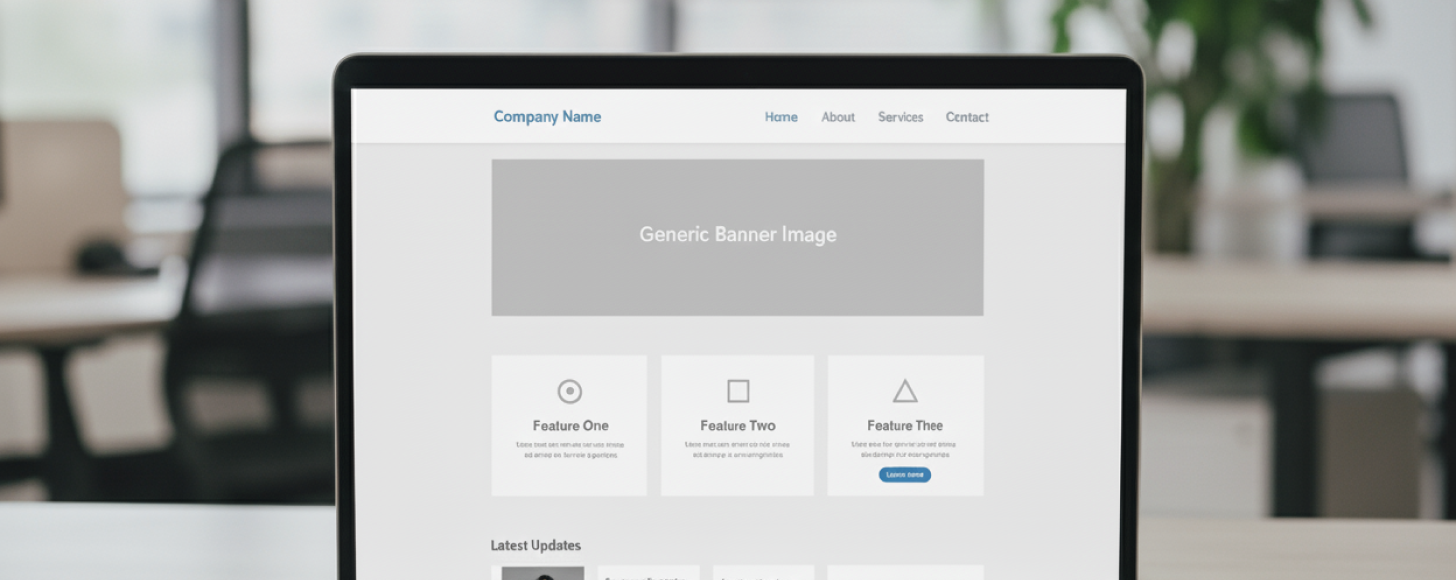How do Google’s frequent search updates impact your website’s visibility? Staying informed and up-to-date is key to maintaining strong search rankings in amidst these changes.
Understanding Google’s Search Updates
Google’s search updates are constantly at work, shaping how information is ranked and displayed. These updates happen frequently, sometimes even daily. Staying aware of these changes is crucial for maintaining your website’s visibility.
Why does Google update its algorithm so often? Google core updates are significant changes to Google’s search engine algorithm with the goal of improving the quality and relevance of search results. With around 500 to 600 changes a year, Google’s updates can significantly alter search rankings, affecting specific queries or entire websites. Some updates are minor tweaks, while others bring major shifts in how sites are ranked.
Understanding the difference between these updates is key. Minor updates: These are small adjustments that may not be noticeable immediately but can gradually influence search results. Major updates: These are more significant and can lead to noticeable changes in rankings and visibility.
For businesses, staying informed about these updates is important. It helps in adjusting strategies to maintain or improve rankings. Ignoring these changes can lead to a drop in traffic, affecting growth and visibility. Google’s continuous tweaks ensure search results remain fresh and relevant. Keeping tabs on these changes helps businesses adapt and thrive in the ever-evolving digital landscape.
How Google Crawls and Indexes
Google’s crawling and indexing are key to how search results work. Googlebot, the search engine’s crawler, is constantly on the lookout for new and updated content. It does this by following hyperlinks across the web. Once it finds content, it stores that information in a huge database. This database is what Google uses to serve up search results.
Why are these processes so crucial? They ensure that the search results you see are as current and relevant as possible. Without efficient crawling and indexing, search engines couldn’t provide the reliable results users expect.
Now, how often does Google crawl a website? It varies. Some sites are crawled every few days, while others might not see a crawl for weeks. Several factors influence this frequency:
- Backlinks: More backlinks can mean more frequent crawls.
- Content freshness: Regularly updated content tends to attract more attention.
- Domain authority: Websites with higher authority are prioritized.
Internal links also play a significant role. They help Googlebot navigate through a website’s structure. This makes it easier to discover new pages, leading to faster and more thorough indexing. A well-thought-out internal linking strategy can greatly enhance how quickly your content gets indexed by ensuring optimal crawling and indexing.
Factors Affecting Search Result Updates
Google’s search result updates are influenced by a mix of factors that keep the information fresh and relevant. Topics like breaking news or trending events often demand more frequent updates due to their rapidly changing nature and need for up-to-the-minute accuracy. Understanding how Google Search Trends impact SEO strategies can give businesses a competitive edge.

Google’s search algorithm updates are constantly evolving, making it essential to stay on top of these changes to maintain a strong online presence. Regularly updated search results mean that businesses must adjust their content strategy based on emerging keywords and shifts in user intent. By leveraging Google Search Trends, you can refine your SEO efforts and gain insights into how audience behavior evolves over time. Consistently monitoring these updates and adapting your approach ensures your website remains visible, drives organic traffic, and stays ahead of competitors.
Ever heard of Query Deserves Freshness (QDF)? It’s a concept that prioritizes fresh content for specific queries. If a topic suddenly spikes in popularity, QDF kicks in, making sure the most recent information is shown to users. This keeps search results aligned with current events and user interests.
Domain authority, page authority, and backlinks also play a big role in how Google updates search results. These elements indicate the credibility and relevance of a site, affecting how quickly Google can index and update its content. The more authoritative a site, the faster and more effectively it gets indexed. For businesses looking to enhance their online visibility, understanding these elements and employing effective content marketing strategies can be crucial in staying ahead in search rankings.
- Domain Authority: A measure of a website’s overall strength and credibility.
- Page Authority: Similar to domain authority but focused on individual pages.
- Backlinks: Links from other sites that point to your content, boosting its importance.
These factors work together to shape the frequency and nature of updates. Understanding these elements can help businesses and content creators stay ahead, ensuring their content remains visible and up-to-date in Google’s search results.
Staying Ahead of Google’s Updates
Understanding Google’s updates is crucial for any business wanting to stay competitive. Google’s frequent changes mean you need to be proactive to maintain visibility. Here’s how you can stay ahead.
First, keep an eye on Google Search Console. It’s a powerful tool that provides insights into how your site is being crawled and indexed. Use it to monitor performance and quickly fix issues that could affect your rankings.
Regularly update your content to keep it fresh. This doesn’t just mean adding new posts. It involves revisiting existing pages to ensure they’re current and relevant. Aligning your content with E-A-T principles—Expertise, Authoritativeness, Trustworthiness—is crucial for maintaining credibility. For businesses looking to enhance their content strategy, Mileage Design offers blog writing services that focus on driving conversions and increasing site traffic through well-crafted content.
Technical SEO is a must. Ensure your sitemap is up to date and optimize your site’s speed. Mobile-friendliness is also essential as more users access content via their phones. This means your site should load quickly and be easy to navigate on smaller screens.
Stay informed by following reputable SEO news sources and Google’s official announcements. This helps you anticipate changes and adapt your strategies accordingly.
- Use Tools: Google Search Console and Google Analytics are key for monitoring.
- Content Freshness: Update and align content with E-A-T principles.
- Technical SEO: Maintain sitemaps, optimize speed, enhance mobile-friendliness.
- Stay Informed: Follow SEO news and Google’s updates.
These strategies help you navigate Google’s updates effectively, keeping your business ahead in the digital game.

Key Takeaways on Google Updates
Google’s updates directly affect your search rankings. Each update changes how search results work and influences your website’s visibility. Understanding these updates helps you adapt and maintain strong rankings.
Your SEO strategy must evolve with Google’s changes. Regular adjustments to your approach protect and enhance your search visibility. This requires ongoing attention and learning. A flexible mindset helps you stay ahead as Google’s search landscape shifts.
Monitoring Google’s updates protects your rankings and reveals new opportunities. Making changes based on fresh insights helps you reach more people and grow your presence. When you stay adaptable, you’re prepared for any changes in the search environment.
Want to learn more about handling Google’s updates or discuss your project? Contact us, and let’s complete an informational audit to understand your position amongst relevant competitors in your industry.




